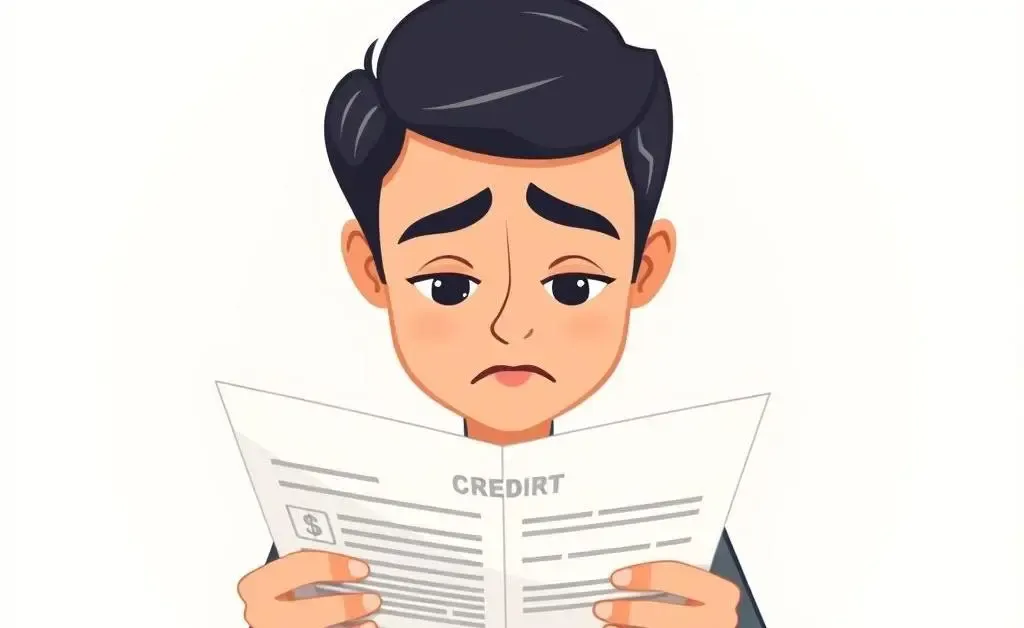Navigating Credit Checks: What to Do If Your Application Gets Denied
Understand denied credit checks and improve your chances next time.

Have you ever been turned down after a credit check and felt a mix of frustration and confusion? You’re definitely not alone in this!
Being rejected can feel like a door slamming shut, but understanding why it happened and knowing how to move forward can make all the difference in easing that sting and opening up new opportunities.
Why Credit Checks Matter
Credit checks are a key component lenders use to evaluate your financial reliability. Essentially, they want to ensure you can manage and repay any borrowed money.
Your credit score, a number generated from your credit report, plays a huge role here. If your score isn’t quite up to snuff, lenders might consider you a high-risk borrower. Plus, different loan types and lenders have varied criteria, so it’s worth exploring these nuances.
Reasons for a Denied Credit Application
- Poor credit history: Missed payments, defaults, or a bankruptcy record can make lenders hesitant.
- High credit utilization: If you’re using a lot of what’s available to you, lenders might see you as stretched thin financially.
- Too many inquiries: Frequent applications for credit can signal financial distress, impacting your score.
- Errors in your credit report: Mistakes happen, and they can unfairly drag your score down.
Steps to Take After Denial
Once you receive that dreaded denial, taking a proactive approach can be empowering. After all, how you handle this moment can shape your future financial health.
1. Request a Copy of Your Credit Report
Begin by requesting a free copy of your credit report. By law, you’re entitled to this yearly, and more often if you’ve been denied credit.

Scanning through your report lets you catch any inaccuracies. If you spot errors, dispute them promptly to improve your score.
2. Identify and Address Problem Areas
Is your credit utilization too high, or do you have outstanding debts? Identifying these areas gives you something concrete to work on.

Make a budgeting plan or consolidate your debt to manage repayments more effectively.
3. Consider Alternative Lenders
Sometimes, niche or smaller lenders might have different criteria. Exploring these options could be valuable, especially if you have a unique financial situation.
Moving Forward with Confidence
Reworking your financial picture might take time, but every step you take brings you closer to approval. Remember that perseverance is key and being proactive in your approach can lead to positive changes.

Have you recently navigated a credit denial successfully? What strategies helped you the most?




